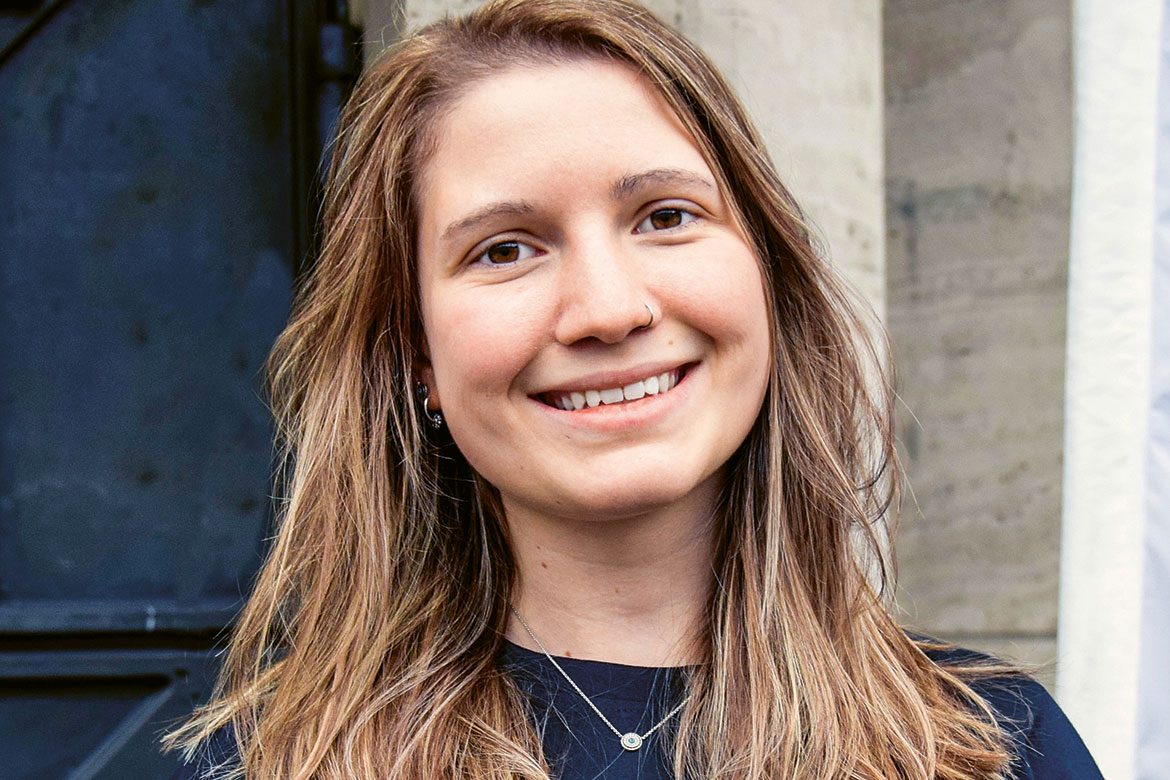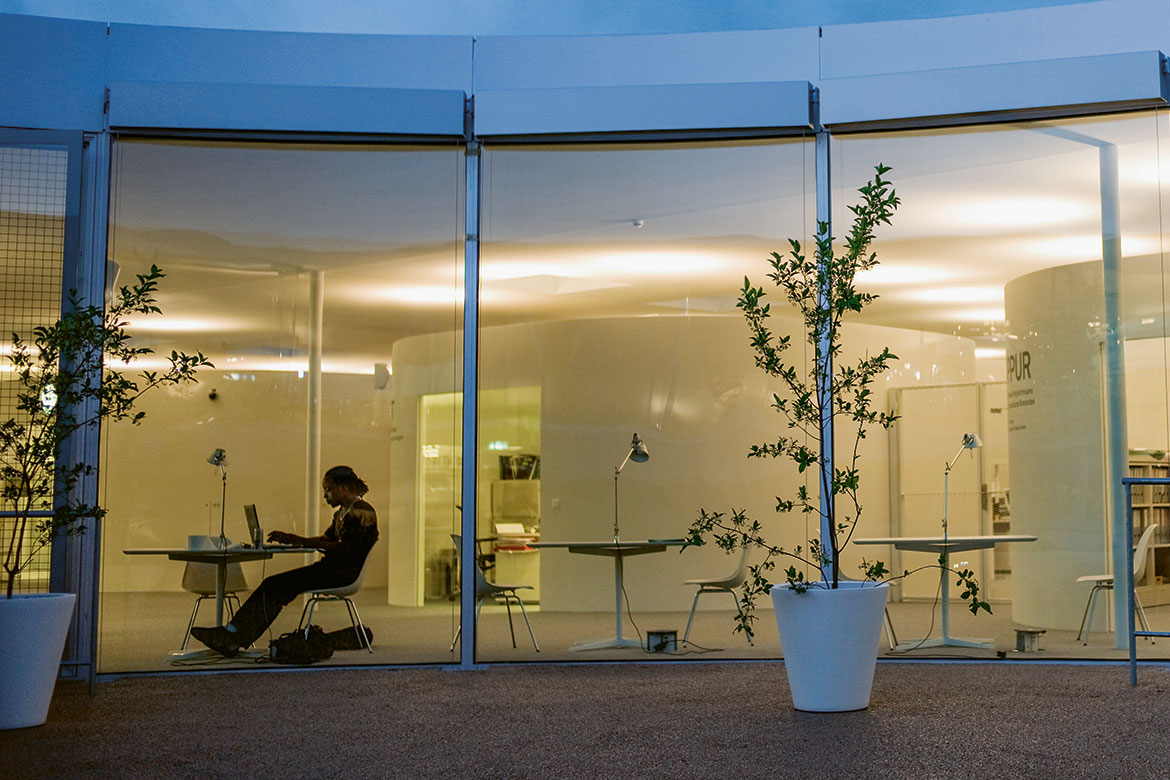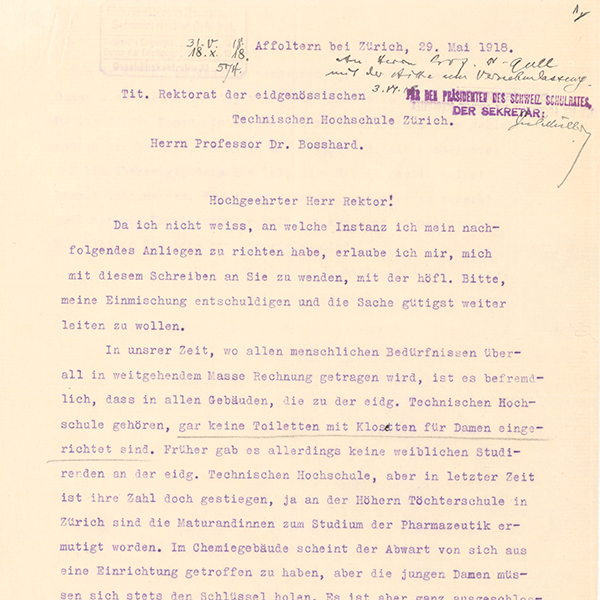The big question: “What shall I do?”
The huge number of options offered by the Bologna System has its downside too – such as when planning your career. The psychologist Sandro Vicini runs the advice service that looks after students and employees of all the universities in Bern. He also knows why women are more open to counselling than men.

When working on a doctoral thesis, researchers often find themselves caught in a state of dual dependency, says psychologist Sandro Vicini. | Image: Valérie Chételat
Sandro Vicini, why do students come to your counselling service?
They ask about learning strategies, fear of examinations, stress, how to give better seminar papers, and about academic research and career advice. Sometimes they also have social problems, like arguments in their flat-share, or trouble with their parents. Sometimes, they might even have a serious illness.
What’s the dominant topic?
That’s “How should I plan my career?”. The Bologna System has brought far more options for students. What’s more, the offerings at universities at home and abroad have become complicated, and are too vast for many students to grasp.
What stresses people about having too many options?
In psychological terms, it’s one of the biggest developmental tasks facing us as human beings. “What shall I do with my life?” Some start thinking about this in good time, while others land in a particular degree course without having planned it much at all. We help students to make independent decisions that are as appropriate as possible.
Does today’s generation of students need a professional ‘school of life’?
It’s true that when you compare it to overall developments on the university scene, the student need for counselling has expanded disproportionately. You might therefore assume that today’s students are less resilient. But this doesn’t simply depend on one’s personality.
So on what else?
In the Bologna System, there are more frequent examinations. The ECTS system of credit points was based on a full-time study model. Nevertheless, 80 percent of students today also have a job on the side. Many who can’t cope with this burden end up with us.
Was psychological counselling also standardised across Switzerland when the Bologna System was introduced?
No. Every canton has its own structures, and their counselling services are organised in very different ways from one canton to the next.
Do women students have different concerns from the men?
No – but women are more open to counselling. Our clients comprise two-thirds women and one-third men. Across all the universities, however, there is a roughly 50/50 split between men and women students.
How do you explain this greater openness on the part of women?
Women tend to be more willing to talk about their problems.
Studies show that every other student suffers from mental stress …
This is an alarmist claim that needs to be investigated using proper methodologies. There are indeed students who experience an existential crisis, but this group is relatively small.
What questions are you usually asked by doctoral students?
Writing their doctoral thesis is often coupled with a dual dependency. Doctoral students are employed by their supervisor, and thus do paid work for them. But at the same time, this employer is the person who has to mark their doctoral thesis.
Does this mean that non-professorial teaching staff are more likely to suffer harassment?
Their employment structures are characterised by uncertainty and a lot of competitive pressure, because jobs are few and far between. What’s more, there is often a lack of clarity and there are leadership deficits. These are all conditions that could theoretically foster harassment of different kinds. But actual cases are still relatively rare.




